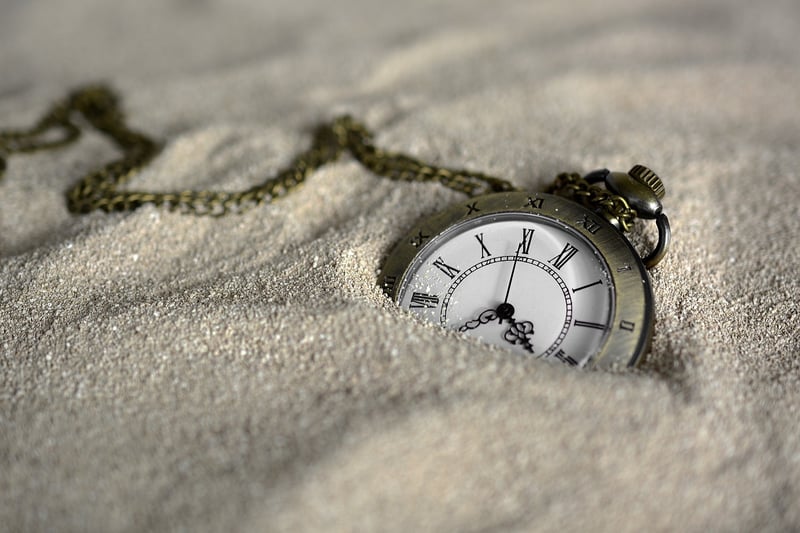Temporal Integrity
The Moral Dilemmas of Time Travel and Temporal Integrity
Time travel has always been a fascinating concept in science fiction, allowing characters to revisit the past or journey into the future. However, with the ability to alter historical events, time travel raises profound moral dilemmas and challenges the notion of temporal integrity.
Paradoxes and Consequences
One of the primary ethical concerns of time travel is the potential for creating paradoxes. Changing even a small event in the past could have ripple effects that completely alter the course of history. This raises questions about the consequences of meddling with the past and the impact it may have on the present and future.
Temporal Integrity
Temporal integrity refers to the preservation of the timeline and the principle of non-interference with historical events. Maintaining temporal integrity is essential to avoid disrupting the natural flow of time and preventing catastrophic changes to the timeline.
Examples of Temporal Integrity
- Resisting the temptation to prevent tragedies for personal gain
- Avoiding altering significant historical events
- Allowing natural processes to unfold without interference
Moral Obligations
Time travelers face moral obligations to consider the consequences of their actions and uphold ethical principles. They must weigh the potential benefits of altering the past against the risks of causing irreparable damage to the timeline and the lives of others.
Conclusion
While the idea of time travel is exciting, it comes with significant ethical responsibilities. By exploring the moral dilemmas of time travel and prioritizing temporal integrity, we can better understand the complexities of altering the past and the importance of respecting the natural order of time.

Explore more on the concept of time travel and its moral implications to delve deeper into the intricate relationship between actions in the past and their repercussions on the present and future.
